July 4, 2009
The Men from U.N.C.L.E. — the 1960s’ top TV spies
 Last year I received one of the coolest gifts ever -- a 41-DVD boxed set of "The Man from U.N.C.L.E.," the TV spy series that ran from 1964-'68. The set came in a package that looks like a secret agent's briefcase, and includes all 105 episodes of the program, plus a ton of extras such as documentaries and commentary by the show's stars, Robert Vaughn and David McCallum.
I'm still sifting through this pop-culture treasure chest, and having a blast. The series was my favorite TV show from my childhood -- I had a bunch of toys related to the show, and I read and collected books, gadgets, magazines -- anything to do with U.N.C.L.E.
I've been struck by a few observations about the show, in light of 40 years of being a fan, and then suddenly being able to see every episode on DVD.
First (and relevant to this blog), I'm surprised at how many Asian Americans were cast in the show as guest stars. There were some episodes set in Asia, like one that takes place in Japan, and that's kinda hokey since all the sets and scenes are actually shot in Hollywood. But in many episodes, the requisite woman who's an innocent bystander but gets dragged into the plot as a sidekick is Asian American, and I mean Asian American as in, no phony accents. They're Asian American actors cast in American roles, which is nice.
Second, they had some big name guest stars. I just watched a goofy one from the third season (of the four, the third was the one where the show got silly, comedic and unbelievable) titled "The Hot Number" that featured Sonny and Cher. Cher was a snooty fashion model (not a stretch) and Sonny was a bumbling fashion designer. The episode also featured Sonny and Cher's music, which was a neat cross-marketing gimmick.
Third, a lot of the episodes are slight to the point of being anemic. The story lines are sometimes clunky and the writing often forced. And little of the acting, even from Vaughn and McCallum, is Brandoesque. It's more like Shatneresque.
But then, the artifice is actually part of the charm of "The Man from U.N.C.L.E."
Last year I received one of the coolest gifts ever -- a 41-DVD boxed set of "The Man from U.N.C.L.E.," the TV spy series that ran from 1964-'68. The set came in a package that looks like a secret agent's briefcase, and includes all 105 episodes of the program, plus a ton of extras such as documentaries and commentary by the show's stars, Robert Vaughn and David McCallum.
I'm still sifting through this pop-culture treasure chest, and having a blast. The series was my favorite TV show from my childhood -- I had a bunch of toys related to the show, and I read and collected books, gadgets, magazines -- anything to do with U.N.C.L.E.
I've been struck by a few observations about the show, in light of 40 years of being a fan, and then suddenly being able to see every episode on DVD.
First (and relevant to this blog), I'm surprised at how many Asian Americans were cast in the show as guest stars. There were some episodes set in Asia, like one that takes place in Japan, and that's kinda hokey since all the sets and scenes are actually shot in Hollywood. But in many episodes, the requisite woman who's an innocent bystander but gets dragged into the plot as a sidekick is Asian American, and I mean Asian American as in, no phony accents. They're Asian American actors cast in American roles, which is nice.
Second, they had some big name guest stars. I just watched a goofy one from the third season (of the four, the third was the one where the show got silly, comedic and unbelievable) titled "The Hot Number" that featured Sonny and Cher. Cher was a snooty fashion model (not a stretch) and Sonny was a bumbling fashion designer. The episode also featured Sonny and Cher's music, which was a neat cross-marketing gimmick.
Third, a lot of the episodes are slight to the point of being anemic. The story lines are sometimes clunky and the writing often forced. And little of the acting, even from Vaughn and McCallum, is Brandoesque. It's more like Shatneresque.
But then, the artifice is actually part of the charm of "The Man from U.N.C.L.E."




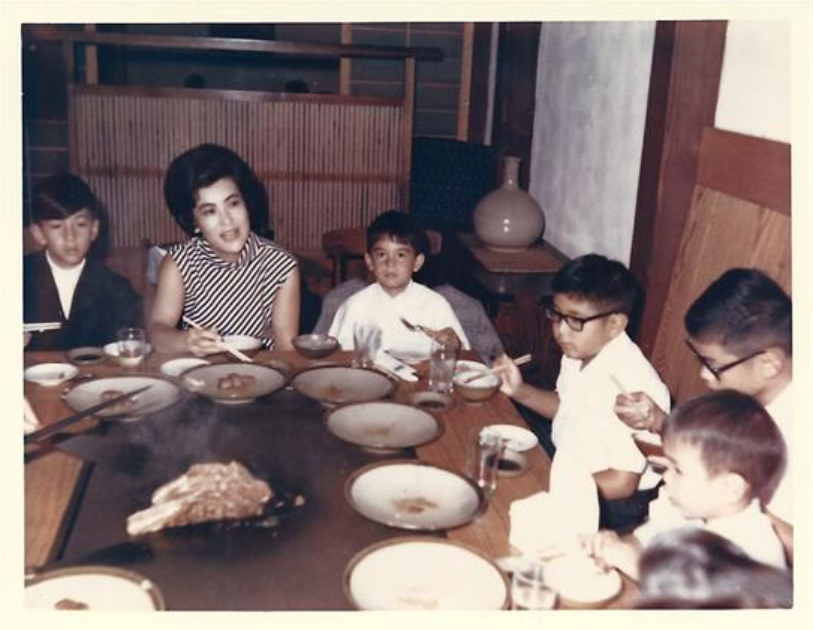
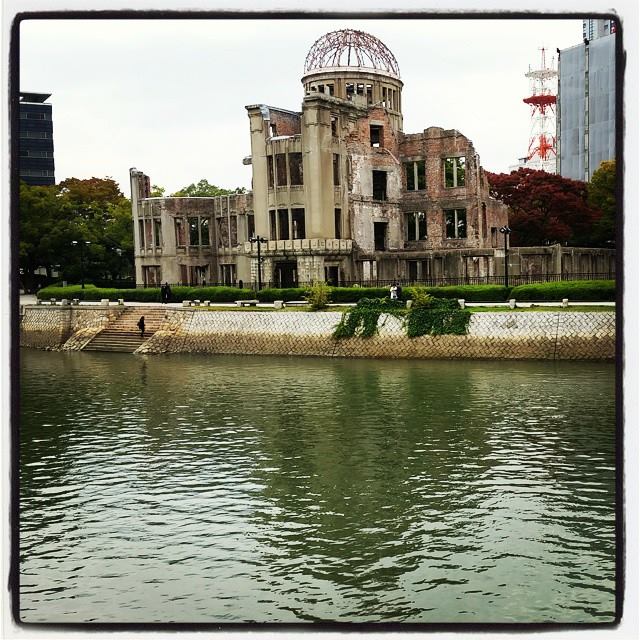
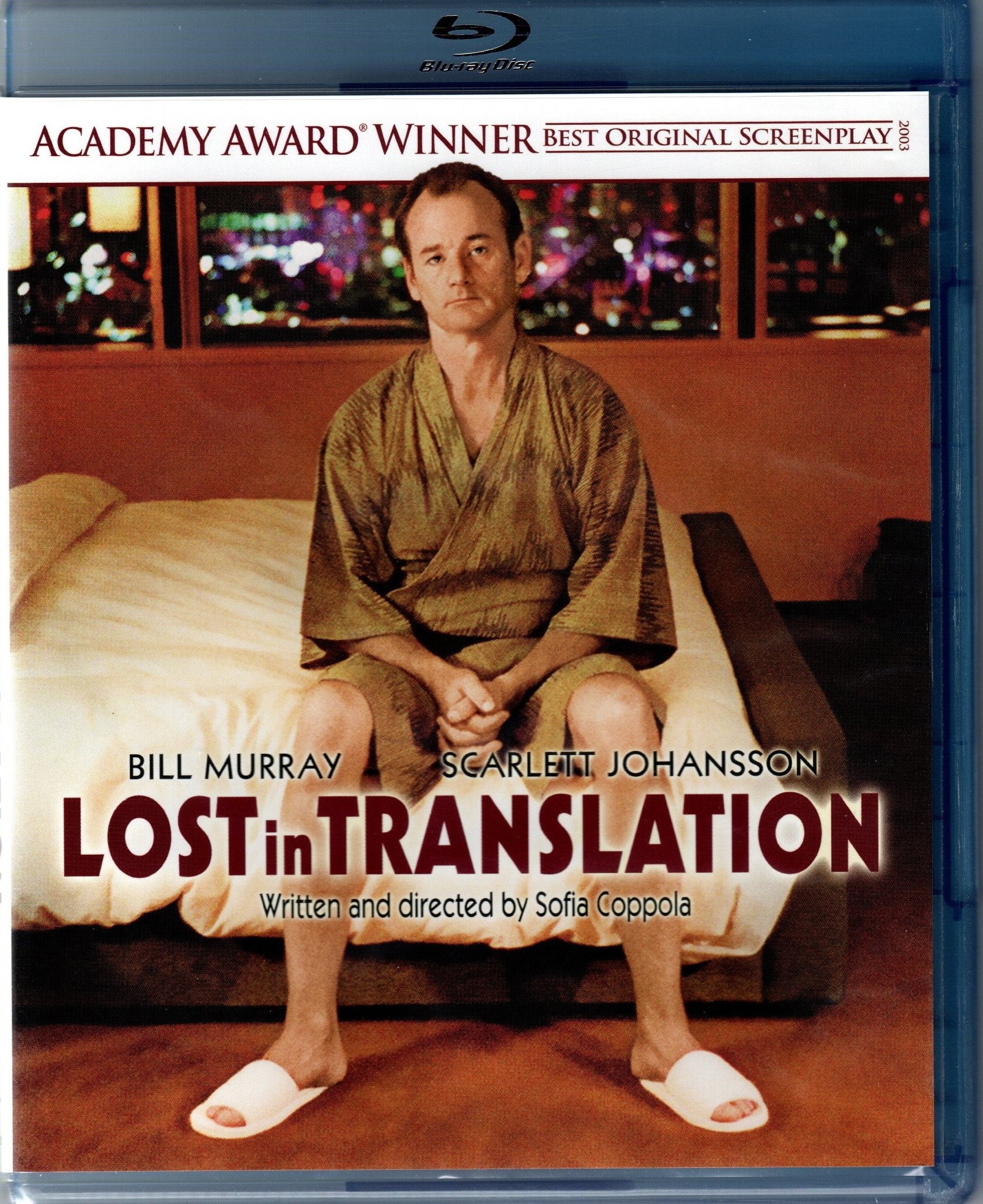
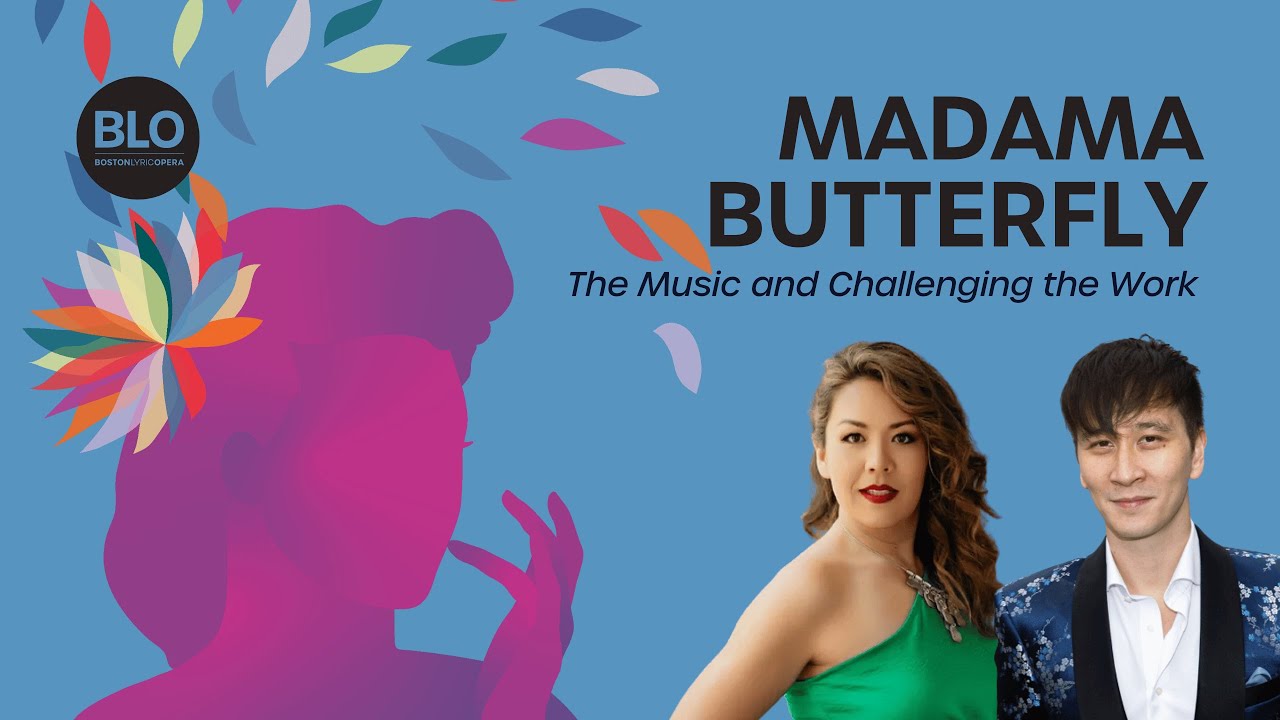
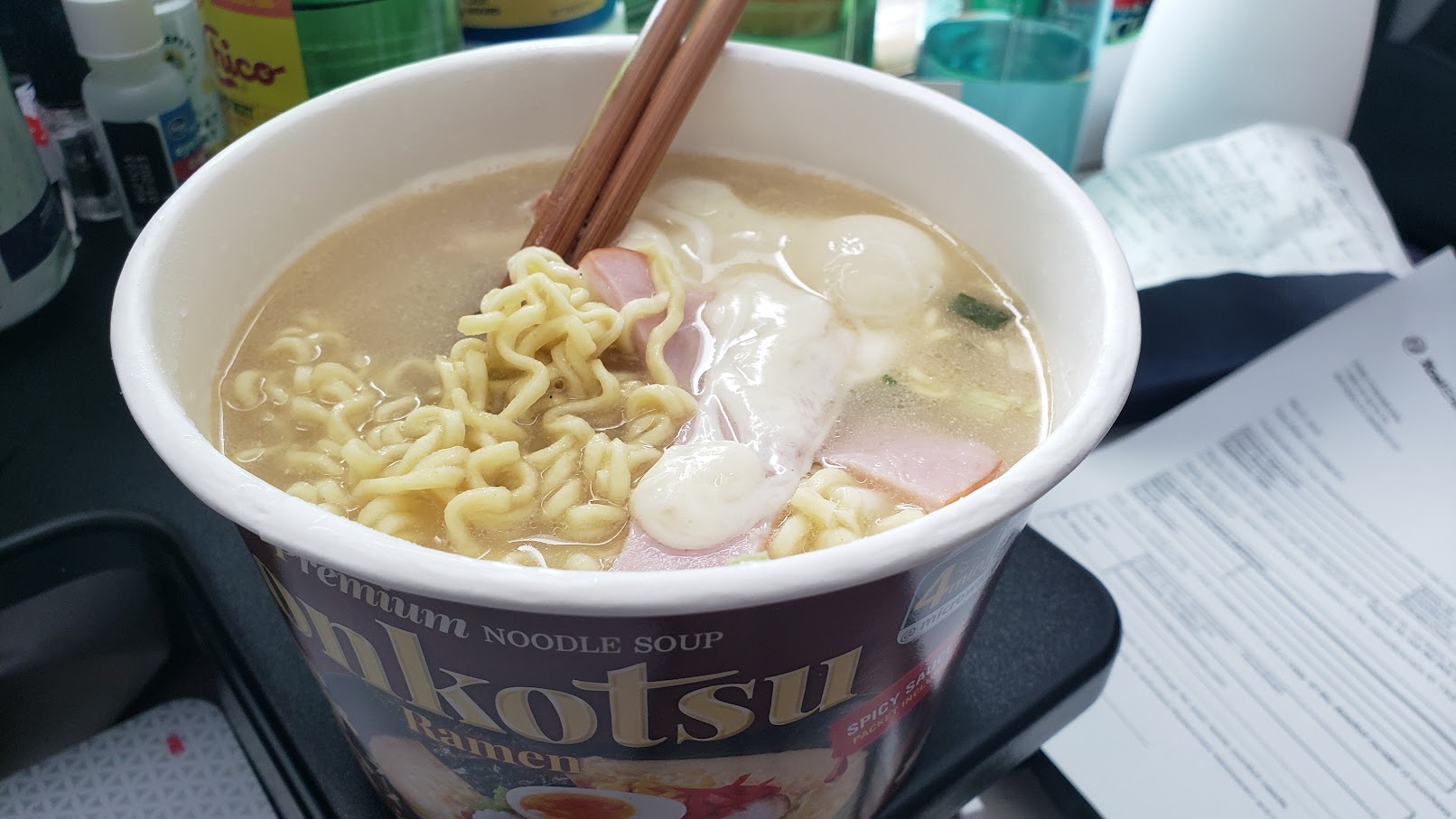
 Journalism can be a dangerous business. According to the
Journalism can be a dangerous business. According to the  A couple of months ago, when Erin gave a training workshop for young Asian Americans at the
A couple of months ago, when Erin gave a training workshop for young Asian Americans at the 

 Consumer culture in Japan is where you'll see the collision of Asian and American tastes. More than in the U.S., Japan is where East mashes West. You can get shrimp Filet-o-Fish sandwiches at McDonald's, or pizza with seaweed or squid, and spaghetti with salty plum sauce.
So I supposes I shouldn't be dismayed at the new Coca-Cola flavor, Green Tea Coke. After all, here in the states there seems to be a growiing market for almost anything with green tea added, from soap and shampoos to Lipton Ice Tea and Starbucks' Matcha Latte.
But Coke with green tea?
I'm not much of a Coke fan (Pepsi's the choice if I have a cola at all), so I don't care that much about the purity of the soft drink. But it seems heresy to put green tea into the syrupy sweetness. Can you even taste the subtle bitterness?
This fits right in with conversations I've had recently with (non-Asian) co-workers about Lipton's green tea flavored ice tea. I pointed out that Asians don't sweeten their tea.
Consumer culture in Japan is where you'll see the collision of Asian and American tastes. More than in the U.S., Japan is where East mashes West. You can get shrimp Filet-o-Fish sandwiches at McDonald's, or pizza with seaweed or squid, and spaghetti with salty plum sauce.
So I supposes I shouldn't be dismayed at the new Coca-Cola flavor, Green Tea Coke. After all, here in the states there seems to be a growiing market for almost anything with green tea added, from soap and shampoos to Lipton Ice Tea and Starbucks' Matcha Latte.
But Coke with green tea?
I'm not much of a Coke fan (Pepsi's the choice if I have a cola at all), so I don't care that much about the purity of the soft drink. But it seems heresy to put green tea into the syrupy sweetness. Can you even taste the subtle bitterness?
This fits right in with conversations I've had recently with (non-Asian) co-workers about Lipton's green tea flavored ice tea. I pointed out that Asians don't sweeten their tea.  I was born in Japan, so I can say this with a straight face: I'm becoming a born-again Japanese, and it's kinda fun.
For years now, Erin and I have thought of ourselves as Asian American first, and Japanese American second. Mostly, it's because we're interested in and feel a kinship with other Asian Americans, whether their heritage is Chinese, Vietnamese, Korean, Thai, Hmong, Indian, Filipino, whatever. We certainly have immersed ourselves in the local Asian American Pacific Islander community, through being involved in events such as the
I was born in Japan, so I can say this with a straight face: I'm becoming a born-again Japanese, and it's kinda fun.
For years now, Erin and I have thought of ourselves as Asian American first, and Japanese American second. Mostly, it's because we're interested in and feel a kinship with other Asian Americans, whether their heritage is Chinese, Vietnamese, Korean, Thai, Hmong, Indian, Filipino, whatever. We certainly have immersed ourselves in the local Asian American Pacific Islander community, through being involved in events such as the 